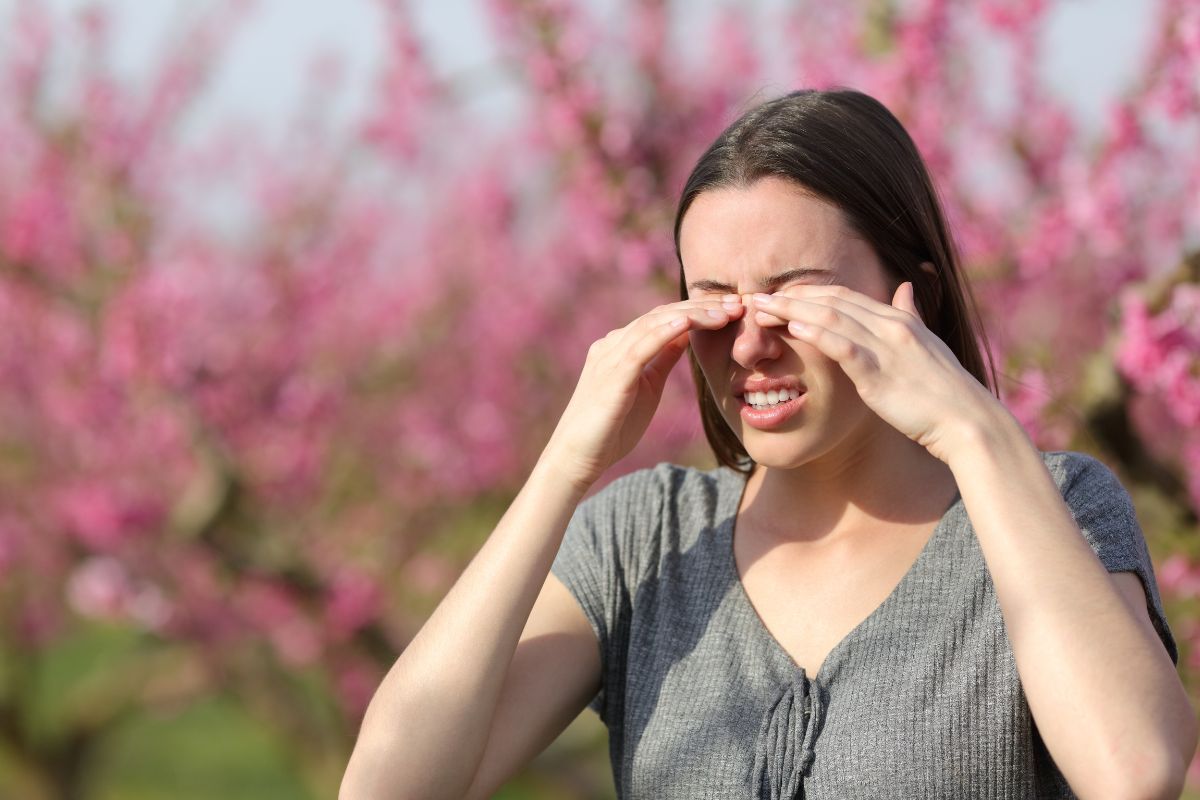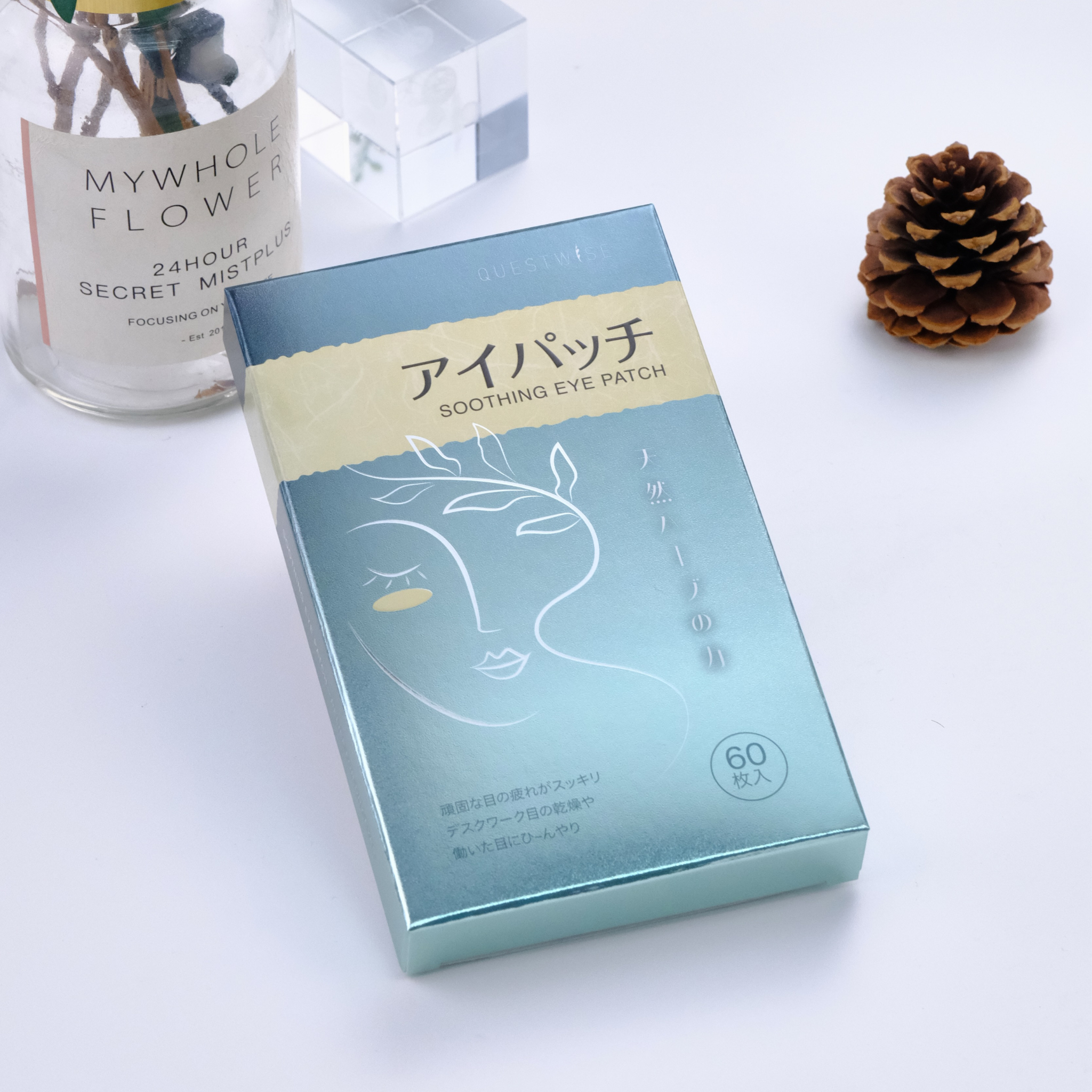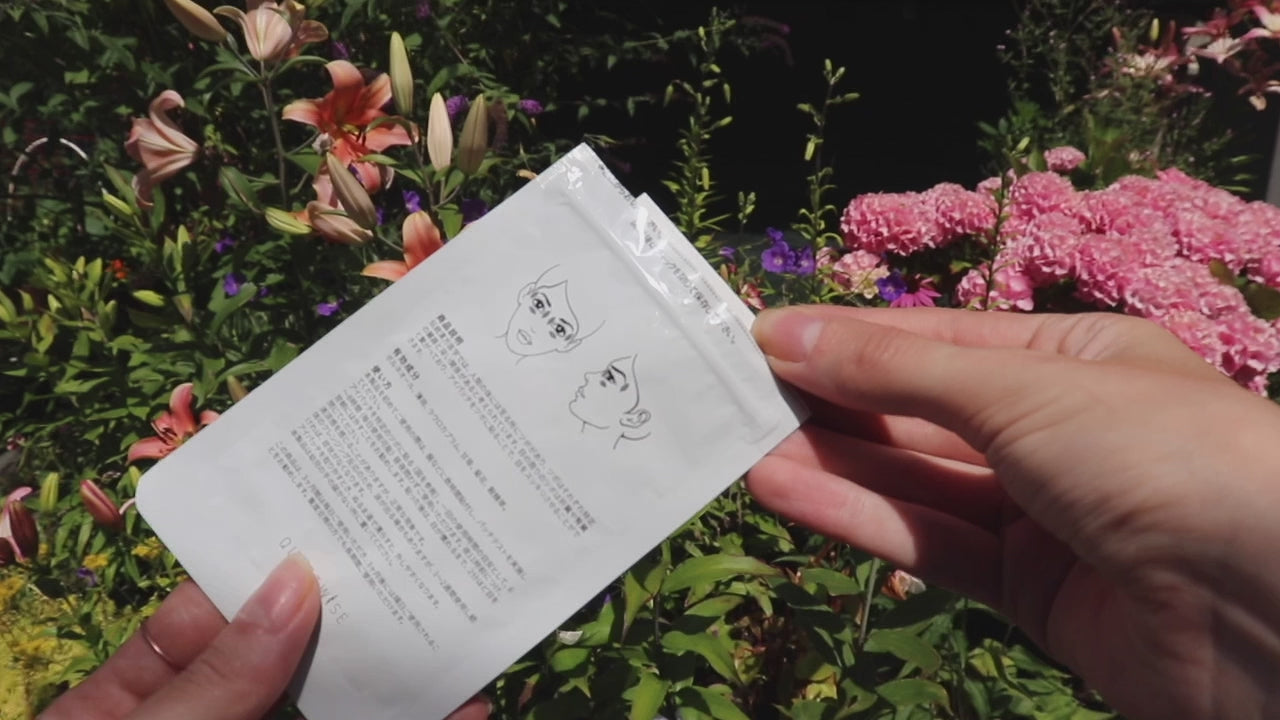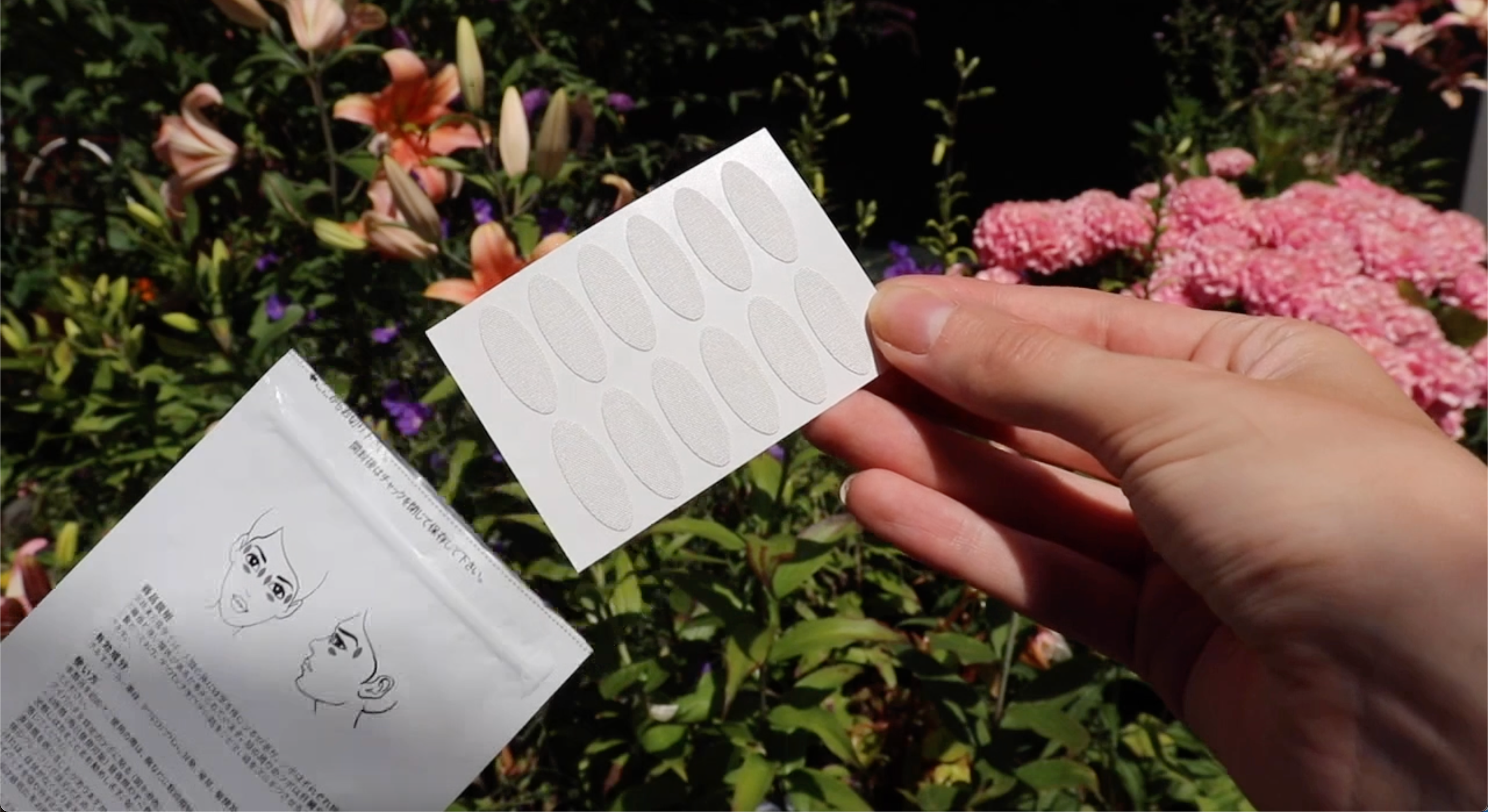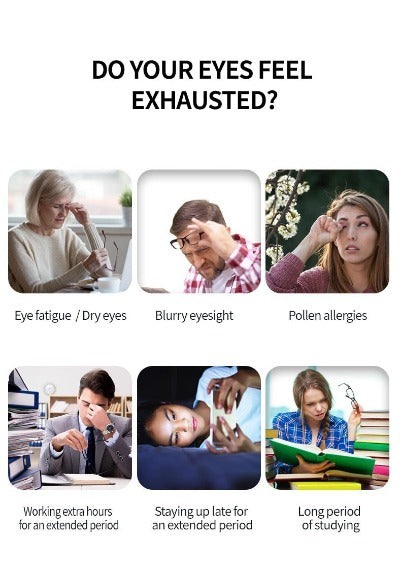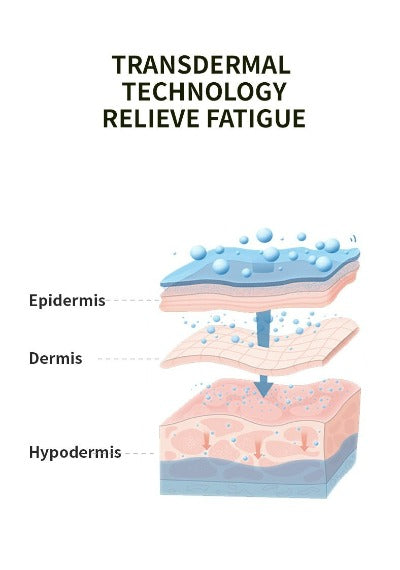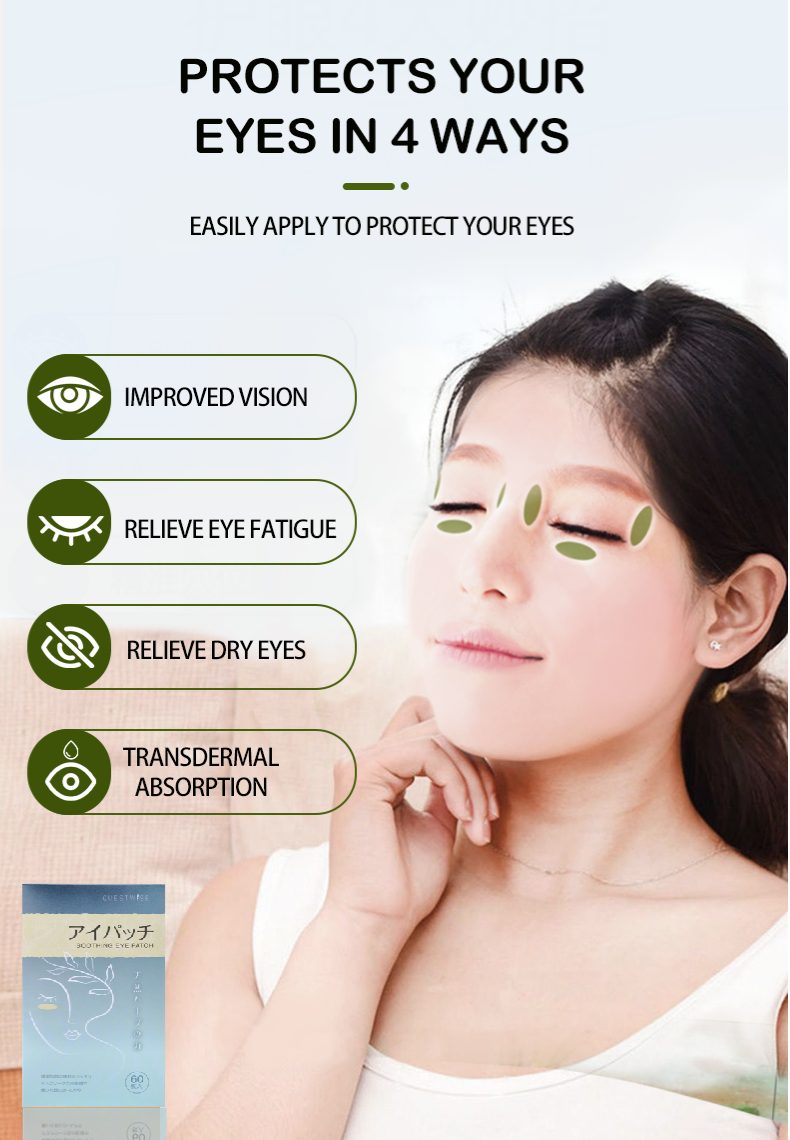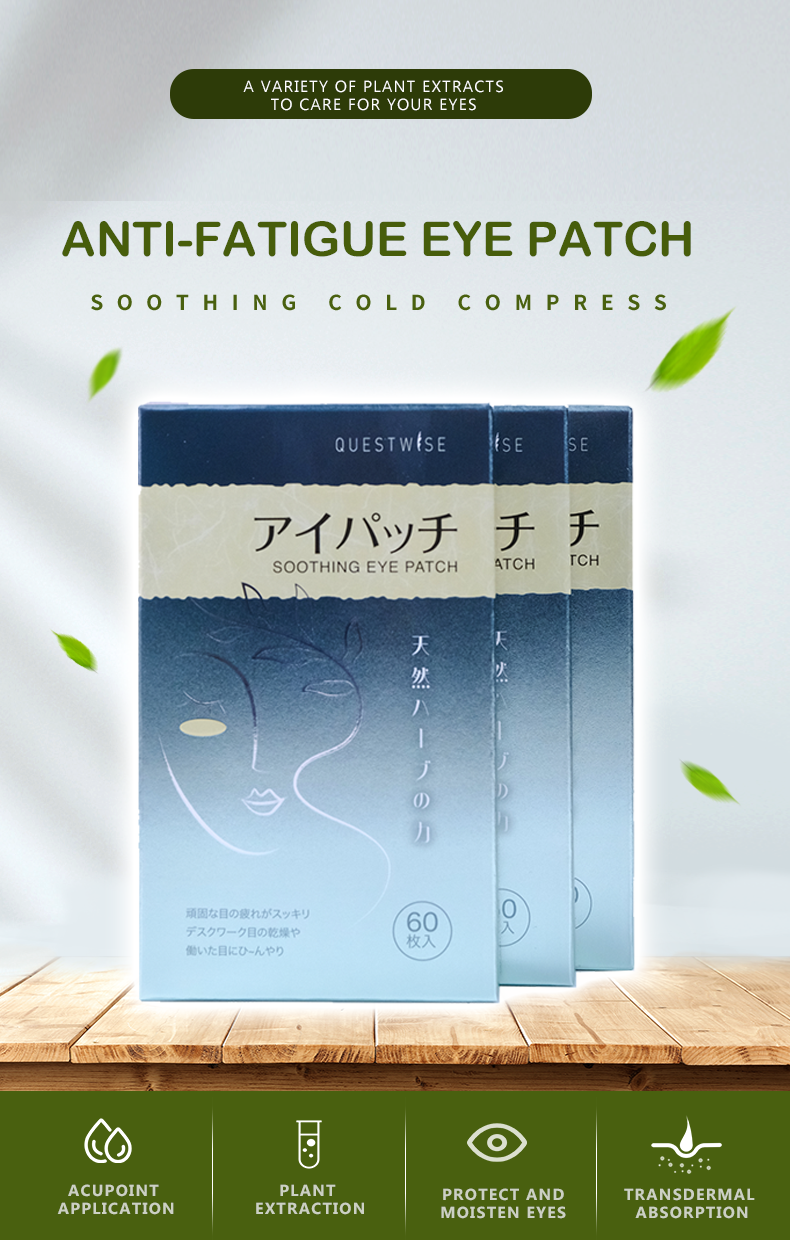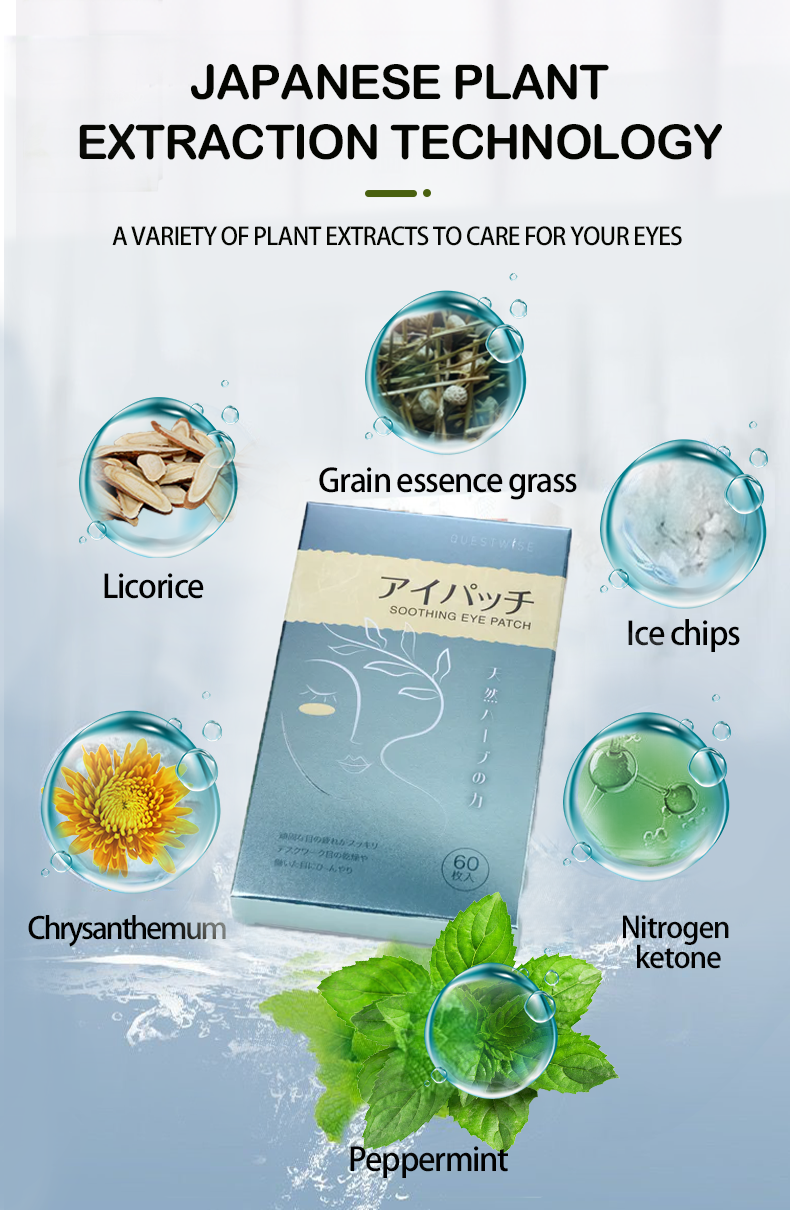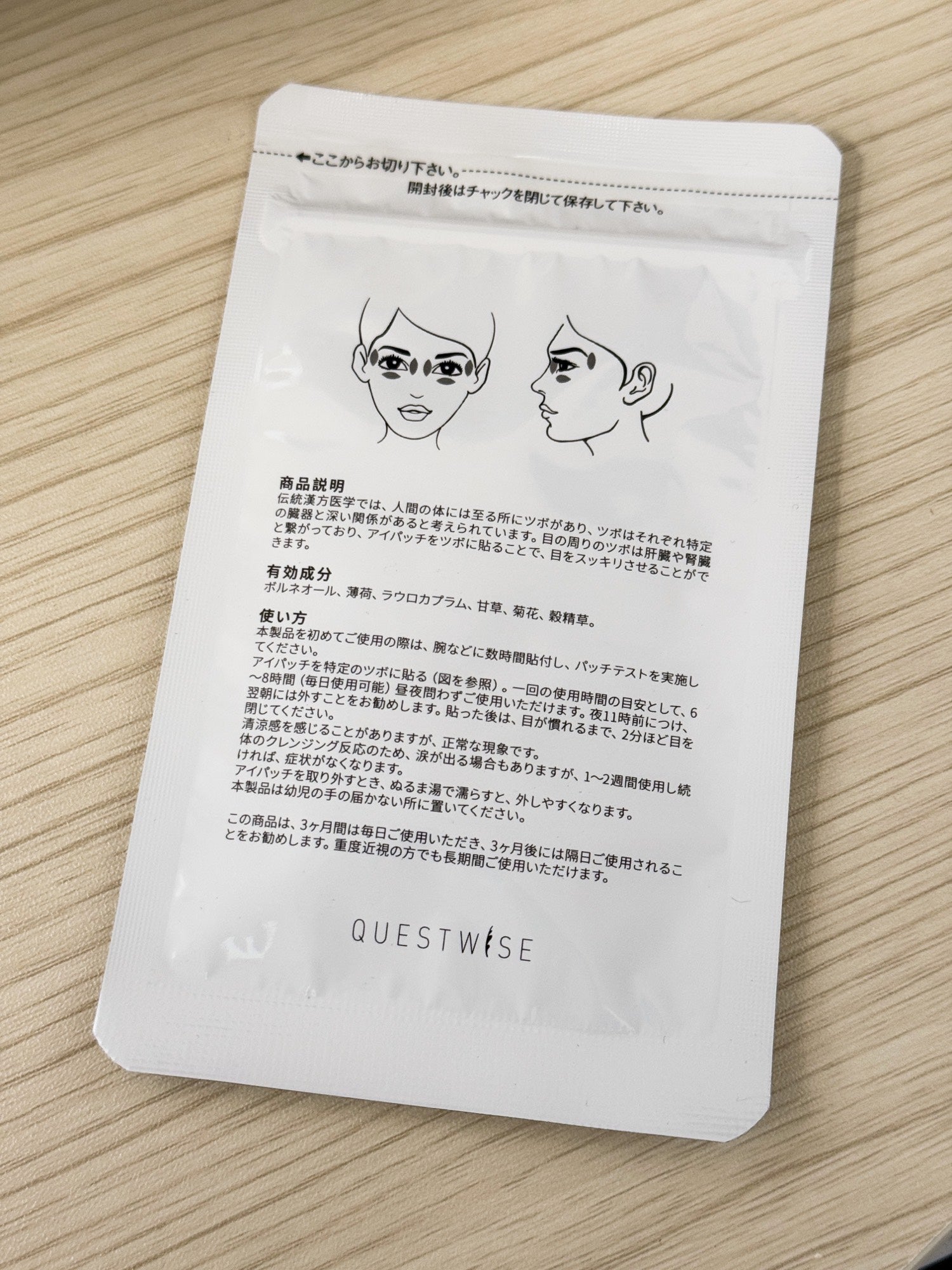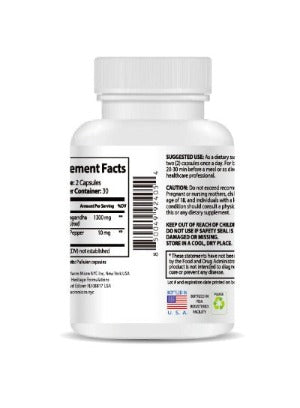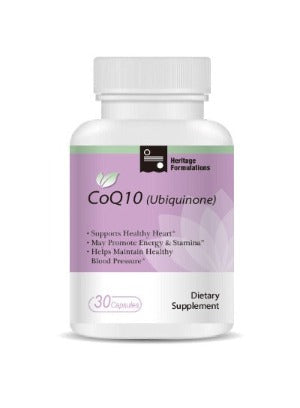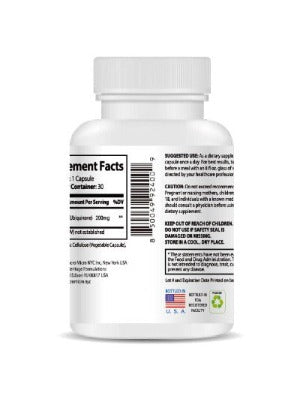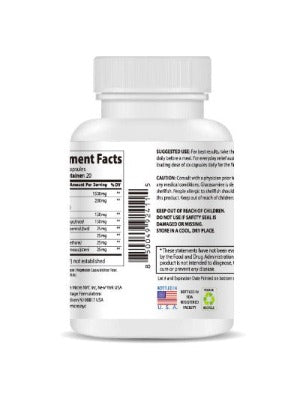Chronic Allergic Conjunctivitis: When to See a Doctor
Chronic allergic conjunctivitis is a persistent inflammation of the conjunctiva, the membrane lining the inside of your eyelids and covering the white part of your eye. It's often caused by an allergic reaction to substances like pollen, pet dander, dust mites, mold spores, or even certain cosmetics. Unlike occasional allergy symptoms, chronic allergic conjunctivitis presents as a long-term condition, significantly impacting your quality of life and potentially affecting your vision. Understanding the condition and knowing when to seek professional help is vital for effective management and prevention of long-term complications.
Understanding the Symptoms and Their Severity
The symptoms of allergic conjunctivitis can range from mild irritation to severely debilitating discomfort. Common signs include itchy, watery eyes, redness, swelling, and a gritty, sandy sensation. You might also experience excessive tearing (often described as a constant stream of tears), light sensitivity (photophobia), making even moderate light levels uncomfortable or painful, and even blurred vision, impacting your daily activities. The severity of these symptoms can fluctuate depending on the allergen exposure levels. Some individuals might experience occasional flare-ups, while others might suffer from almost constant symptoms.
It's crucial to differentiate between mild, manageable symptoms and those requiring urgent medical attention. Mild allergic conjunctivitis might only cause minor irritation that can be temporarily alleviated by over-the-counter remedies. However, when these symptoms are persistent, severe, or accompanied by other concerning signs, immediate medical consultation is recommended. Let's delve deeper into the specific situations where seeking professional help is critical.
When to Seek Immediate Medical Attention
Several scenarios warrant an immediate visit to your doctor or ophthalmologist:
- Persistent Symptoms: If your symptoms, such as itching, redness, and watering, last for more than two weeks despite using over-the-counter remedies, it's crucial to seek medical attention. This persistent inflammation might indicate a more complex underlying condition requiring a comprehensive diagnosis and targeted treatment strategy.
- Severe Symptoms: If you experience severe symptoms, like significant swelling that affects your vision, blurry vision that doesn't clear up, intense eye pain, or any significant changes in your vision, you should seek immediate medical care. These severe manifestations can signal a more serious underlying condition and require prompt professional intervention.
- Secondary Infections: Chronic itching and rubbing of the eyes, common responses to allergic conjunctivitis, can severely increase your risk of secondary infections. If you notice signs of infection, such as yellow or green discharge, increased pain or burning, worsening redness, or the formation of pus, consult your doctor immediately. These infections require specific treatment to avoid further complications and potential long-term damage.
- Vision Impairment: Any significant and persistent blurring of vision should not be disregarded. Even temporary vision disturbances can point to serious underlying problems, including corneal damage. If your vision is significantly impaired, immediate medical attention is crucial.
- Symptoms that are worsening: It’s important to monitor your symptoms over time. If you notice that your symptoms are progressively worsening, even if they seem relatively mild at first, it’s always best to consult with a doctor. Early intervention often leads to better outcomes.
Managing Symptoms and Finding Relief
While seeking professional help for chronic allergic conjunctivitis is crucial, there are steps you can take to alleviate your symptoms. Lifestyle adjustments, such as avoiding known allergens (pollen, pet dander, etc.), using air purifiers, and regularly washing bedding and clothes, can significantly reduce exposure and minimize symptoms. Cold compresses can soothe inflamed eyes, and lubricating eye drops can provide relief from dryness. However, it is important to remember that these measures are only temporary and complementary to professional medical care.
For soothing relief from eye discomfort, you might find Wise Quest Soothing Eye Patches beneficial. These patches, infused with traditional Chinese herbal medicine, are designed to relieve eye fatigue, dryness, astringency, redness, and swelling. They promote healthy blood circulation and help alleviate discomfort, especially from prolonged screen time. However, it is essential to emphasize that these patches are a supplementary aid, not a replacement for professional medical diagnosis and treatment.

The Importance of Professional Diagnosis and Treatment
Chronic allergic conjunctivitis requires a proper diagnosis to determine the specific allergens triggering your reaction and develop a personalized treatment plan. An ophthalmologist or allergist can perform tests to identify your allergens and recommend the most effective strategies for managing your symptoms. These might include prescription eye drops (antihistamines, mast cell stabilizers, corticosteroids), allergy shots (immunotherapy), or a combination of therapies. Don't hesitate to seek professional help; early intervention can prevent complications and lead to a significant improvement in your quality of life.
Living with Chronic Allergic Conjunctivitis
Living with chronic allergic conjunctivitis requires a proactive approach to symptom management and prevention. By understanding your triggers, implementing effective avoidance strategies, and adhering to your doctor's treatment plan, you can significantly reduce the impact of this condition on your daily life. Remember, seeking professional help and actively participating in your treatment are essential steps towards regaining comfort and maintaining good eye health.

